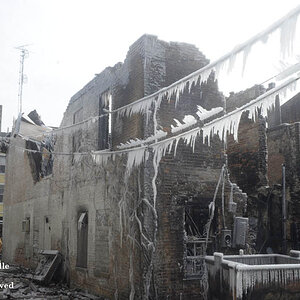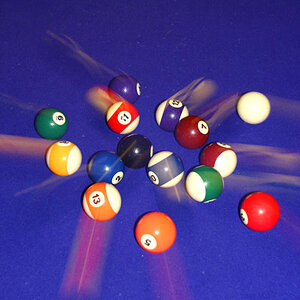usayit
No longer a newbie, moving up!
- Joined
- Nov 15, 2003
- Messages
- 9,521
- Reaction score
- 347
- Can others edit my Photos
- Photos OK to edit
If you want to compare image quality from 2 different cameras, look at the actual images they've taken, not some mathematical deconstruction that attempts to explain them.
Agreed.. I found this resource very helpful:
Imaging Resource "Comparometer" Digital Camera Image Comparison Page
They have a good list of samples.... in the same lighting /studio for easier comparison with your own eyes.








![[No title]](/data/xfmg/thumbnail/31/31748-63241c520f250328a5ec32959b8f53d0.jpg?1619734989)

![[No title]](/data/xfmg/thumbnail/37/37604-7ad625e983f92f880eb65a264eeef5e4.jpg?1619738148)


